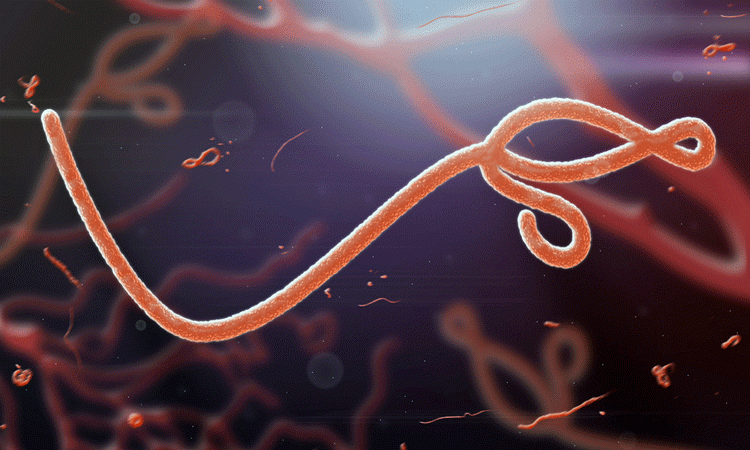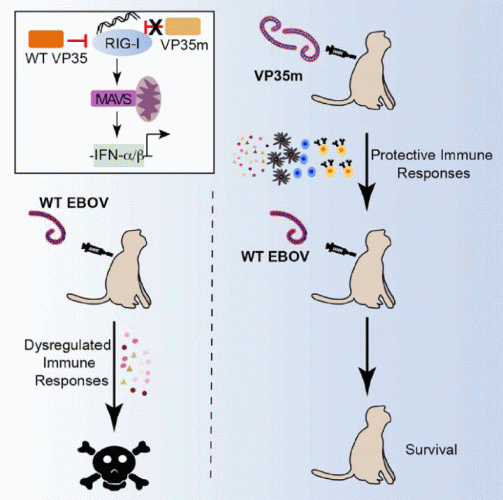Mutant form of Ebola could be used in vaccine development
Posted: 17 September 2019 | Victoria Rees (Drug Target Review) | No comments yet
A study has shown that a mutated form of the Ebola virus protects macaque models against the disease, demonstrating an opportunity for a drug target.


Researchers have used a mutated Ebola virus to elicit protection from the condition in monkeys. The team says their findings could be used in the development of an Ebola vaccine.
The study was conducted by researchers from Georgia State University, the University of Texas Medical Branch, the University of California and the Mayo Clinic, all US.
…VP35 suppression of interferon responses is a key requirement for Ebola virus to cause disease”
“This is not the next Ebola virus vaccine, but the study does show that it is possible to generate Ebola viruses that can grow in cell culture and induce strong immune responses but pose a decreased risk for scientists,” said co-senior study author Christopher Basler of Georgia State University. “Such mutant viruses may be useful to safely study many Ebola virus functions.”
The team developed a mutant virus that expresses the Ebola genes and has the structure of the virus. They generated a virus that has three mutations in the VP35 protein, which plays an important role in evading host immune responses.
VP35 is known to suppress the production of type 1 interferons, immune system proteins, and inhibits the maturation of dendritic cells, which present antigens to T cells and serve as messengers between the innate and adaptive immune systems.
The researchers tested their mutant virus in cynomolgus macaque models. Infection with the mutant virus activated antigen presentation and innate immunity pathways. It resulted in increased frequencies of T cells, B cells and the production of antibodies.
After 28 days, the researchers challenged the monkeys with a lethal dose of unmodified Ebola virus. Two monkeys survived with no indications of illness, although one died nine days later. To induce a more protective response, the researchers inoculated a further number of macaques with a higher dose of the mutant virus.


This visual abstract depicts the work that demonstrates that immune evasion functions of the VP35 protein of the Ebola virus are critical for virulence in non-human primates. A VP35 mutant Ebola virus does not cause lethal disease and instead elicits adaptive immune responses that can protect animals from wild-type Ebola virus challenge (credit: Woolsey and Menicucci et al./Cell Reports).
Despite the vaccination causing mild illness in three of the monkeys, all of the animals survived. However, most of the monkeys showed temporary haematological changes such as low platelet count or low numbers of white blood cells.
“These data demonstrate that VP35 is a critical Ebola virus immune-evasion factor and provide insights into immune mechanisms of Ebola virus control,” Basler says. “We show that VP35 suppression of interferon responses is a key requirement for Ebola virus to cause disease and VP35 function impacts not only innate antiviral defences but also adaptive immune responses. Because it is critical for virulence, the interferon-suppressing function of VP35 is a potential drug target.”
The researchers say they are interested in identifying additional mutations that allow the virus to replicate while preventing it from causing disease.
The results were published in Cell Reports.
Related topics
Drug Targets, Protein, Vaccine
Related conditions
Ebola
Related organisations
California University, Georgia State University, Mayo Clinic, University of Texas Medical Branch
Related people
Christopher Basler








